China's State Council, the cabinet, unveiled rules on the regulation of non-bank payment institutions on Sunday, in a move to prevent financial risks, regulate the industry's growth and protect consumers' interests amid the rapid development of the sector, according to the Xinhua News Agency.
Observers noted that as one of the most effective institutional arrangements in the payment field in recent years, the rules have laid a solid foundation for the healthy and standardized competition and development of payment institutions in the longer term.
The new rules, which will take effect on May 1, 2024, clarify the definition of non-bank payment institutions and their establishment requirements, along with improved payment-related rules.
Such institutions are asked to establish effective due diligence systems and enhance risk management, ensure the security of payment accounts, and guard against illicit fundraising, telecom fraud, money laundering, gambling and other criminal activities, according to the rules.
The rules are meant to promote the law-based supervision and administration of such institutions and their business operations, facilitate the sound and healthy development of the sector, protect customers' legal rights and interests, and help the institutions better serve the real economy and meet customers' needs for diversified payment methods, Xinhua said.
In a joint statement released on Sunday, spokespeople from the People's Bank of China, the country's central bank, and the Ministry of Justice offered a more detailed explanation.
Payment institutions should establish sound business management systems and possess business systems, facilities and technology that meet the required standards. There should be a reinforcement of management rules for payment accounts, reserve funds and payment instructions, according to the statement.
It also stated that payment institutions are not allowed to misappropriate, occupy or borrow customer reserve funds and are prohibited from forging or altering payment instructions. The responsibility for due diligence investigations and risk monitoring by users of payment institutions should be effectively enforced.
Institutions should enhance the safeguarding of user information, provide transparent pricing for their services and impose "reasonable" fees. Additionally, in cases of violation of the rules, the central bank will impose fines or restrictions on some payment operations, or order them to suspend business for rectification, up to the revocation of their payment business licenses, according to the statement.
The statement comes as non-bank payment services have experienced rapid growth in China, driven by the emergence of new formats such as the digital economy and e-commerce. They have played a crucial role in the field of small-value and convenient payments.
As of the end of September, there were 185 non-bank payment institutions nationwide. These institutions process more than 10 trillion transactions annually, with an amount close to 400 trillion yuan ($56.49 trillion). This accounts for approximately 80 percent and 10 percent of the total national electronic payment business, respectively, according to data from China's central bank.
The daily average balance of reserve funds exceeds 2 trillion yuan, providing services to more than 1 billion individuals and millions of merchants.
The new regulations further strengthen the comprehensive and full-cycle supervision of payment institutions, contributing to the prevention of risks in the payment industry, said a spokesperson of Alipay, according to a report from chinanews.com on Sunday.
Simultaneously, under the influence of these regulations, the payment industry is expected to experience further standardized and orderly development, which, in turn, will support the long-term growth of tangible industries, the spokesperson added.









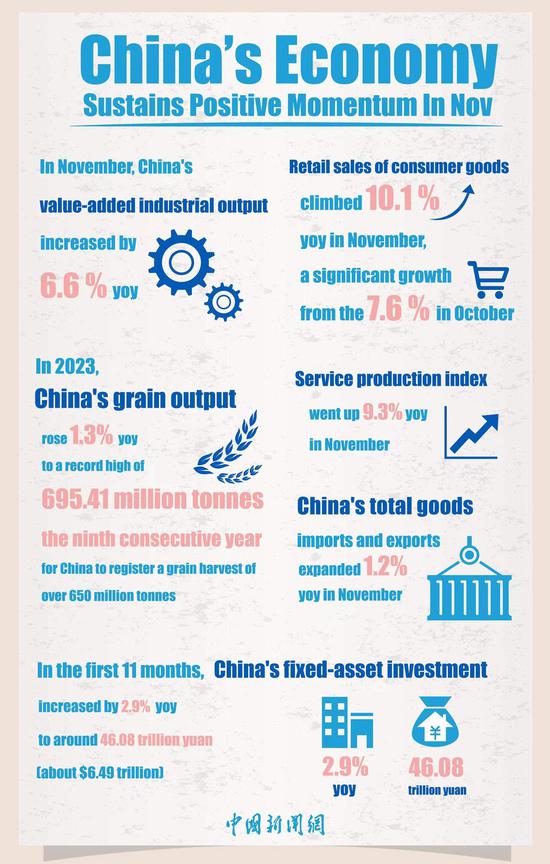









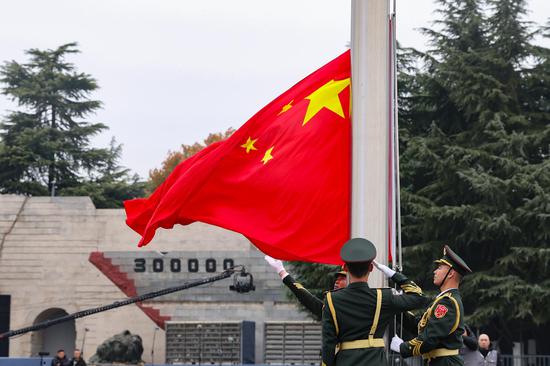


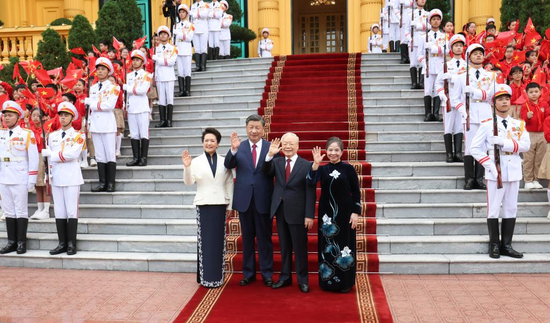



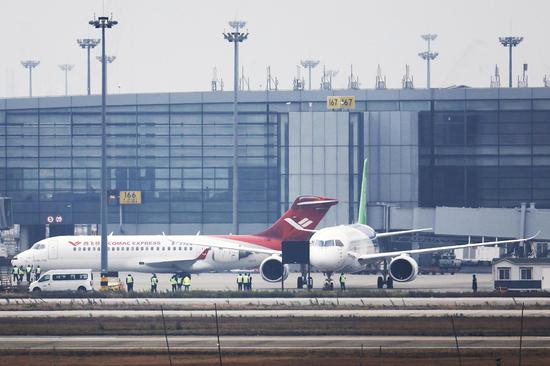





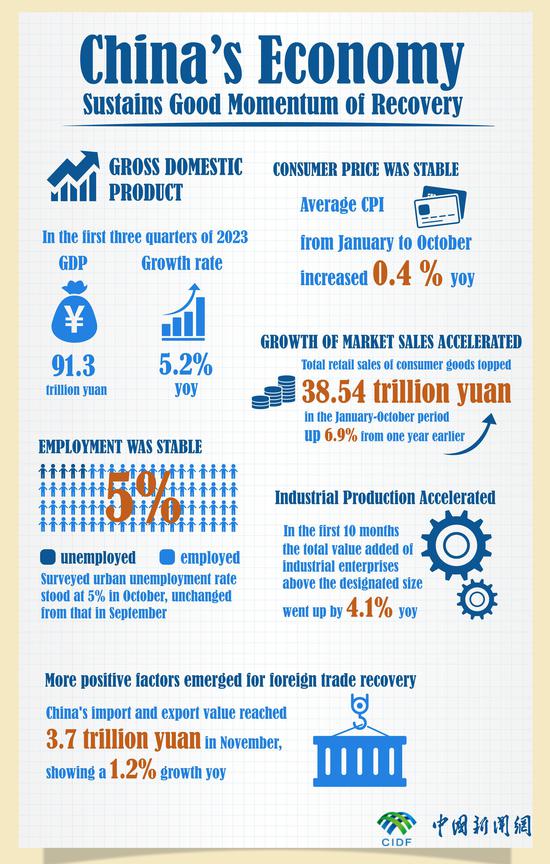









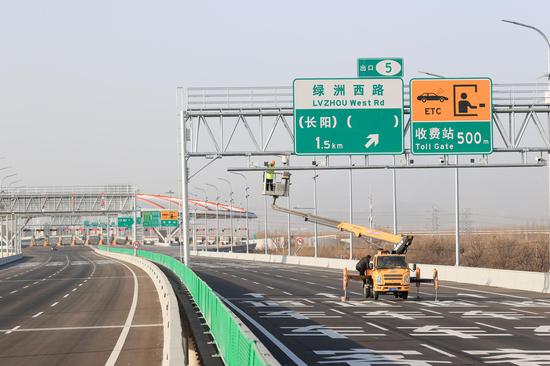







 京公网安备 11010202009201号
京公网安备 11010202009201号